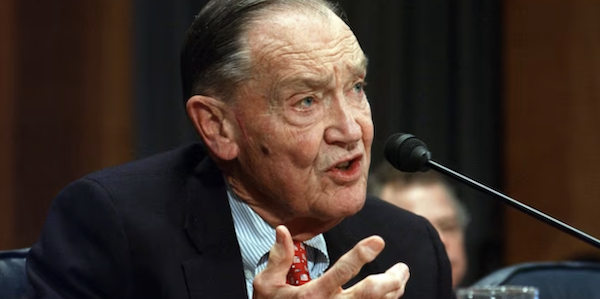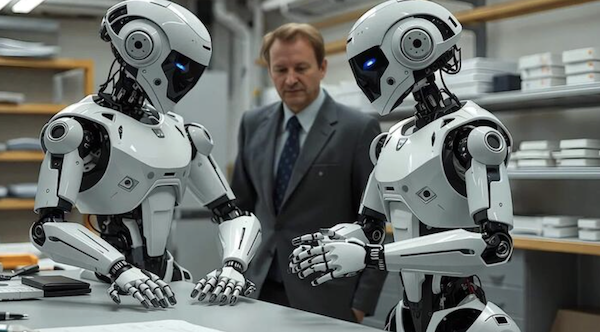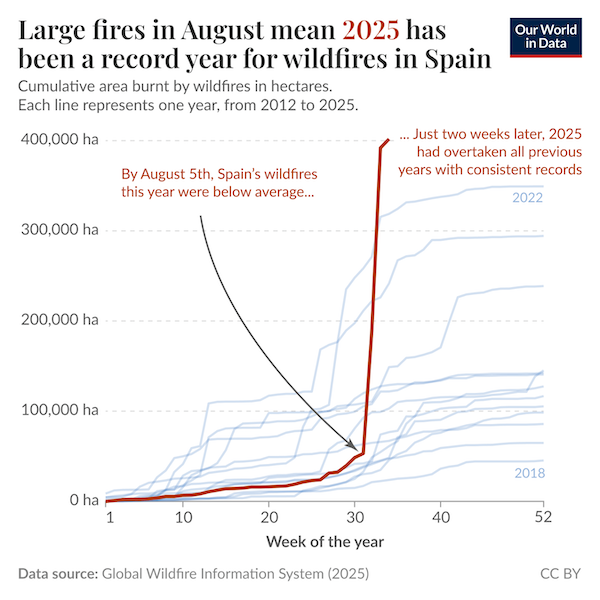
What will life look like in 50 years from now? I enjoyed this list of suggestions by Gregory Mankiw (pictured here). He's a professor of Economics at Harvard, and worked at the White House under President George W. Bush.
(1) Thanks to advances in technology, the income of the average American, adjusted for inflation, will be about twice what it is today. Substantial inequality will persist, and populist agitators will continue to argue that the elites have rigged the economy. Partly as a response, the social safety net will become more robust, including a modest universal basic income.
(2) Taxes will be higher to fund the expanded safety net, and because people will have learned that government debt relative to GDP cannot rise forever. Like most of the world today, the US will have a value-added tax.
(3) Workweeks will be shorter due to both the disincentive effect of higher taxes and the desire of most people to use their greater prosperity to enjoy more leisure.
(4) Manufacturing employment will have nearly disappeared, but manufacturing output will remain strong with robots doing most of the work. Service jobs will expand, and entirely new jobs we cannot now imagine will emerge.
(5) Acknowledging past mistakes, the government will eschew most heavy-handed interventions in competitive markets, such as industrial policy, tariffs, minimum wages, rent control and Nimby zoning.
Mankiw believes that these developments will be deemed to be widely desirable, so we'll enjoy stable governments. He paraphrases Martin Luther King: The arc of the economic universe is long, but it bends toward efficiency.
Our investment strategy is to own the companies that will lead the way, and benefit most from these outcomes.







